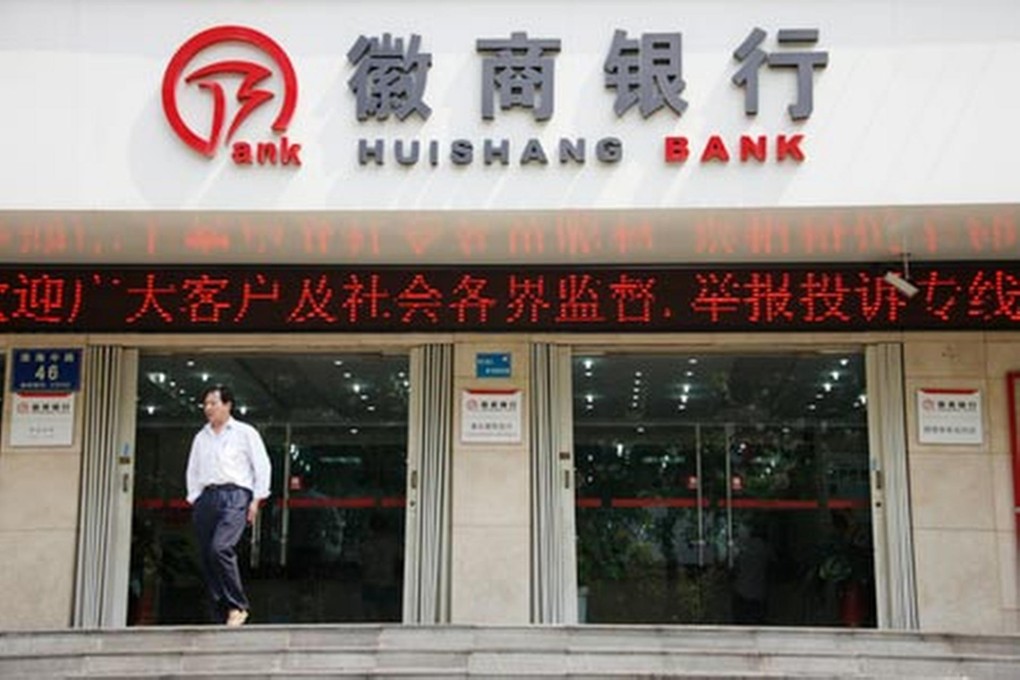Developers cover bases in move to buy bank stakes
China Vanke deal for Huishang Bank shares highlights funding and diversification benefits

The mainland's big property developers are mobilising their huge cash balances to take strategic stakes in domestic banks.
The moves are seen by analysts as a way to secure control of funding sources both for themselves and individual home-seekers who want to buy their properties, as well as a diversification of their assets to sustain profit growth.
China Vanke, the nation's largest developer by market value, caught the market's attention with an announcement on October 30 that it would acquire 883.99 million shares in the US$1.3 billion initial public offering of Anhui-based Huishang Bank. That eventually translated into a stake of 8.2 per cent in the city commercial lender.
The announcement followed just days after Yue Xiu Group, an investment arm of the Guangzhou city government, said on October 25 that it had agreed to buy 75 per cent of Chong Hing Bank - the smallest of Hong Kong's family-owned lenders - for HK$11.6 billion.
The deal, which is subject to approvals from shareholders of the bank's parent Liu Chong Hing Investment and the Hong Kong Monetary Authority, would give Yue Xiu, which operates real estate, securities and transport infrastructure businesses, access to Chong Hing's 53 branches in Asia's sixth-biggest bank loan market.
In August, Shanghai-based Greenland Group signed a co-operation agreement with the Guizhou provincial government to look into the possibility of establishing a commercial bank in the city.